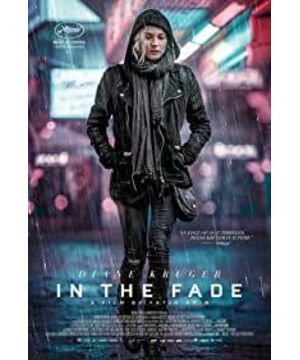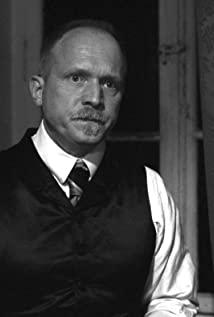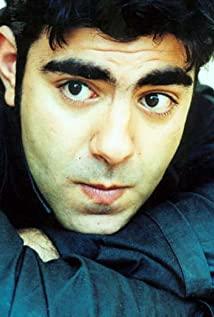I don't quite agree. Most of the comments are imposed on the so-called political, social, immigration, and racial topics of "Out of thin air". Although these cannot be avoided, the director expresses his values very clearly, which is the relationship between the individual and the society. Therefore, the whole article is not about terrorism and revenge, but about the trade-offs of love and hate, human nature and the system intertwined!
The family chapter expresses sadness, so there is no explosion scene, but emphasizes that a normal afternoon, after everything happened suddenly, after a mother, a wife, everything was lost, what I thought was not hatred, but Infinitely nostalgic for the warmth of the past, washing my face with tears, anesthetizing myself, sleeping in my son's bed, and finally committing suicide. It's love, it's human nature. Although the husband's Turkish identity and his identity as a drug dealer are mentioned, it is not the point, but only the foreshadowing of the follow-up plot. Because death does not come because of these two identities. At least the whole street of Turks gathering areas is the target of this neo-Nazi. So, nothing else, just sadness. The heroine's acting skills have surpassed the blank face of "Three Billboards" by many streets!
The justice chapter is about hatred and system. It should be said that there are no loopholes in court trials, and there is no suspicion of guilt. This is the most scientific setting of modern jurisprudence. Due to insufficient evidence, there is no way to convict, this system is normal and undeniable. As for the child's injury, it was also expressed through the testimony of witnesses, full of hatred, and the audience couldn't sit still for a long time. In this section, the husband's drug dealer status and the wife's drug addiction have become the focus, and are only limited to the chips in the court game. And the neo-Nazi definition, even the judgment testimony of the suspect's father, did not play any role in affecting the justice of the system. The wonderful statement of the prosecution's lawyer won applause from the audience and did not affect the result of the conviction. This is the best embodiment of the justice of the system.
The sea is the end of all entanglements. The end point is chosen by the heroine herself, at least she has three choices, blow up the other party, cooperate with the lawyer's appeal and leave peacefully. But she didn't choose, she chose to die together. She was chased and fled by witnesses who cooperated with evildoers, which shows that she is not fearless, but a weak woman who instinctively chooses to escape. She put the bomb under the car and hid in the distance, which could end everything smoothly, but she still took it out by herself. She didn't want to be reduced to an angel of hatred who uses violence to control violence. She promised the lawyer to go back to appeal, but she still hesitated whether to believe in the system, believe in her determination, and participate in the next round of tossing and torture. Finally, her long-lost period is finally here! The shot of her closing her eyes at the beach is the crucial moment when she finally makes her choice. Then she went straight to the station wagon, not dodging, not tangled, and even holding the bomb to her chest. This is not the ultimate hatred, but a choice that must be made in love to the end.
The whole article about sadness, about love, and about choices is fully expressed, and the audience feels it. Empathy, super resonance, that's all.
Personal opinion, if you don't like it, don't spray it. Please do not reprint or intercept.
View more about In the Fade reviews











